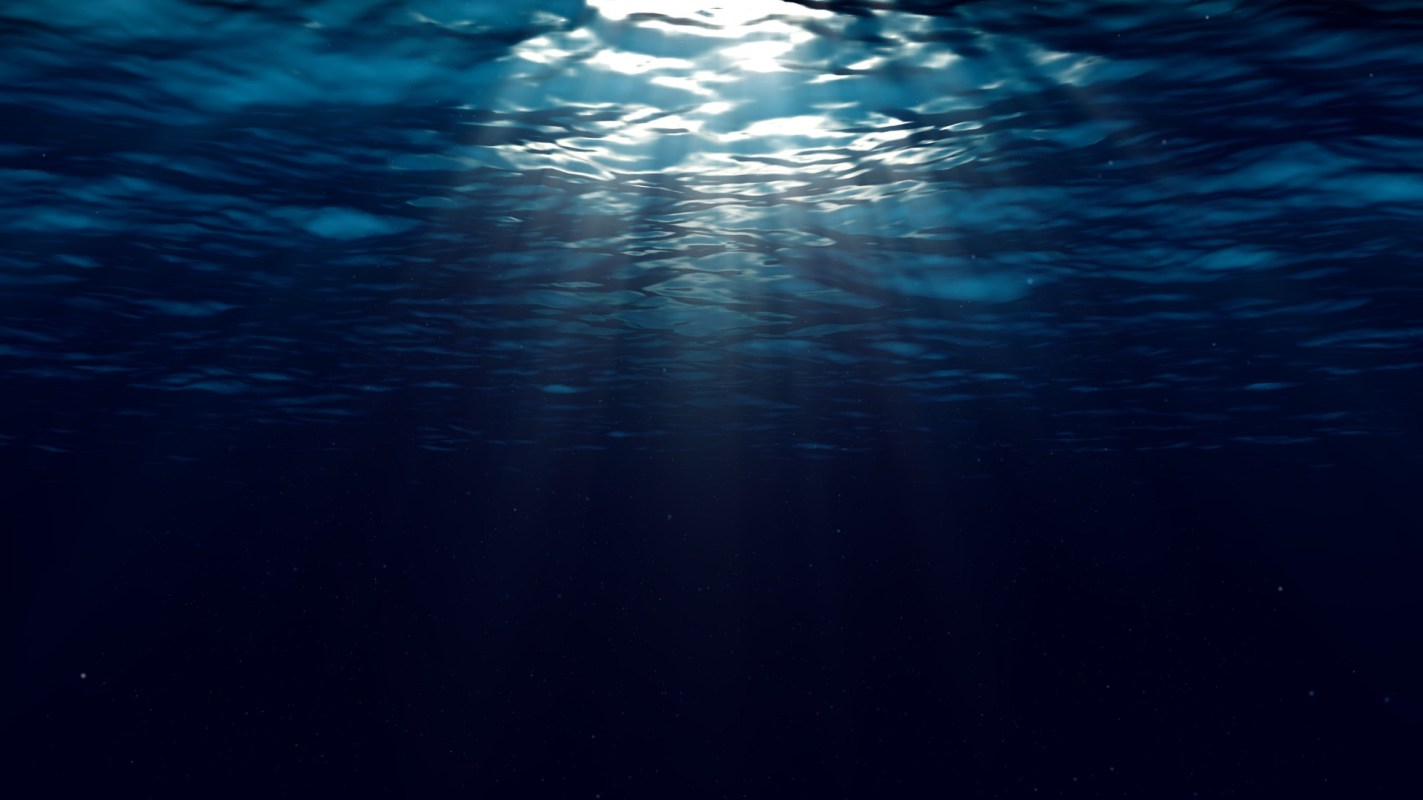Amid global concerns over coral's survival in rising sea temperatures, scientists have discovered deep-sea coral reefs in a previously unexplored part of the Galapagos marine reserve — and they're teeming with life.
According to The Guardian, scientists used a special human-occupied submersible called HOV Alvin and dove to a depth of about 600 meters (nearly 2,000 feet), making the unusual discovery of a healthy and active coral reef.
The discovery is surprising as scientists have described the coral reef to be in great condition, as it lacks evidence of any human damage or pollution.
As part of the Galapagos Deep 2023 project, HOV Alvin carried two scientists, Dr. Michelle Taylor and Dr. Stuart Banks, and explored the sea using state-of-the-art sampling capabilities and visual upgrades that included improved high-quality still and ultra-high-definition 4K video imaging systems, reported The Guardian.
"They are pristine and teeming with life – pink octopus, batfish, squat lobsters and an array of deep-sea fish, sharks and rays," said Dr. Taylor.
The newly discovered coral reef might be hundreds of years old, thriving, and housing a plethora of living creatures such as the pink octopus, batfish, squat lobsters, and an array of deep-sea fish, sharks, and rays and over 50% live coral coverage in many areas.
The discovery of the reef is significant because prior to this, scientists believed Wellington Reef, along the coast of Darwin Island, was among the few shallow reefs surviving in the islands, after 1982-83's El Niño.
El Niño is a recurring phenomenon that affects rainfall and causes rising ocean temperatures in the Pacific Ocean.
Six hundred miles off the coast of Ecuador, the Galapagos waters are home to about 2,900 species of marine plants and animals.
With the discovery of the deep-water coral reef, scientists are more hopeful about the survival of that healthy coral despite alarming sea surface temperatures and ocean acidification. It also raises hopes about the existence of other deep-water coral reefs.
Ecuador's environment minister, José Antonio Dávalos, told The Guardian that the discovery was "encouraging news" and emphasized his determination to establish new marine protected areas in Ecuador.
"These newly discovered reefs are potentially of global significance — a 'canary in the mine' for other reefs globally — sites which we can monitor over time to see how pristine habitats evolve with our current climate crisis," Dr. Taylor added.
Join our free newsletter for cool news and cool tips that make it easy to help yourself while helping the planet.









